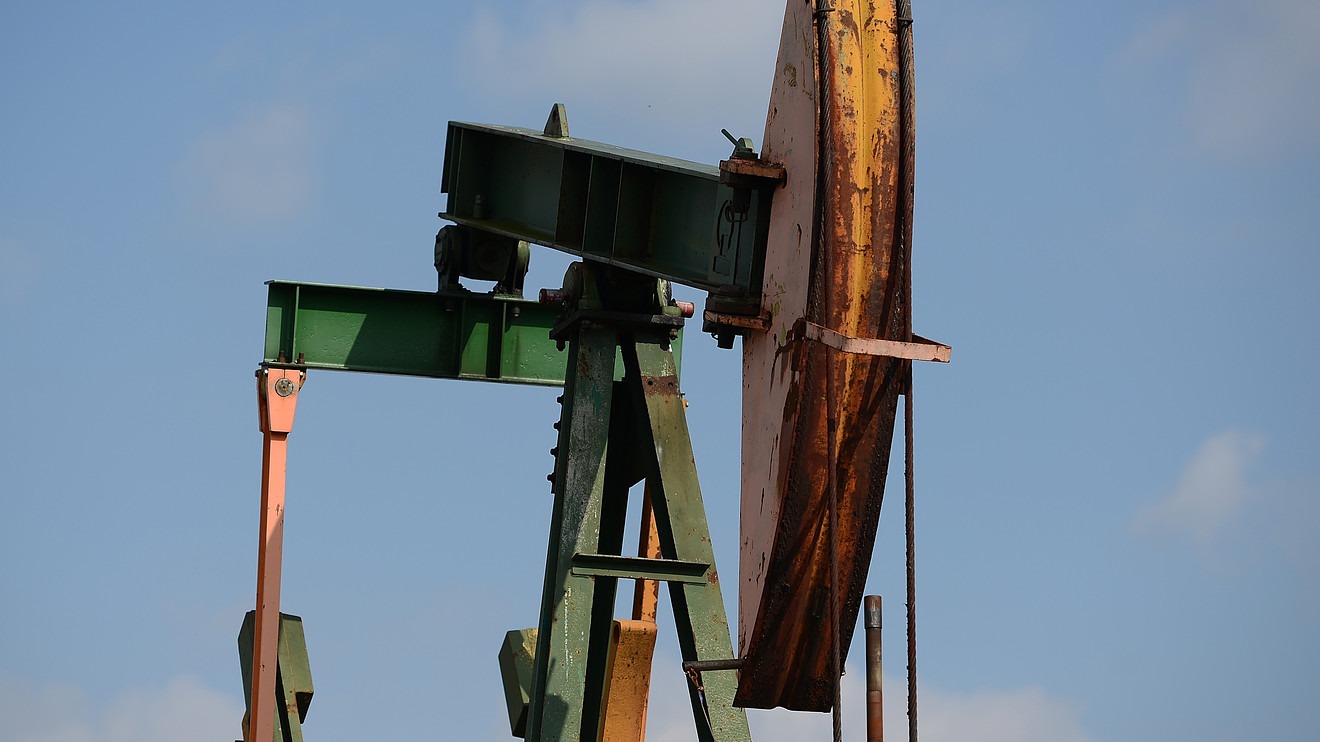The U.S. Africa Energy Forum 2021 – organized by Africa Oil & Power, in partnership with the African Energy Chamber’s U.S.-Africa Committee – will foster alignment between U.S. and African governments’ energy policies and highlight African oil, gas, power and renewable projects across the energy value chain for U.S. investors; the multi-day forum unites U.S. and African policymakers, energy executives and industry leaders to create new linkages and foster discussions that drive long-term policy formation and project execution; the in-person, two-day summit and gala dinner will be hosted in Houston, Texas (October 4-5, 2021) and an online seminar and in-person networking event will be held in Washington D.C. (July 12).
Africa Oil & Power (AOP) and the African Energy Chamber are excited to announce the launch of the first-ever U.S. Africa Energy Forum (USAEF). This event aims to create deeper cooperation between the U.S. and Africa on energy policy, to reach alignment on long term sustainability goals, to stimulate greater American investment in the African oil, gas and power sectors, and to engage and reposition the U.S. as the primary partner of choice for African energy developments.
Under the theme “New Horizons for U.S. Africa Energy Investment” the forum will explore diverse foreign investment and export opportunities across the continent, including natural gas as a vital fuel for the energy transition; energy storage and battery minerals; Africa’s place in global energy supply chains; the benefits of the African Continental Free Trade Area; evolving energy technologies and how they relate to the future role of petroleum resources; and on-and off-grid power developments.
An online seminar and in-person networking event will be held in Washington D.C. on July 12, 2021, building up to the in-person U.S. Africa Energy Forum summit and gala dinner, to be hosted in Houston, Texas, on October 4-5, 2021. Africa Oil & Power and the African Energy Chamber invite all U.S.-based companies with an interest in engaging with African industry leaders and project developers to participate in the USAEF Houston summit.
This initiative comes at an important juncture in U.S.-Africa relations. The Biden Administration’s announcements of its intentions to proactively build a stronger U.S.-Africa partnership coincides with the fact that African projects are seeing rising interest from U.S. companies and lending institutions alike. The USAEF event is thus dedicated to enabling dialogue between its participants that advances these developments.
“Our mission has always been to showcase the resource potential that Africa has to offer while at the same time showing its growing preference for sustainable energy policies and technologies. Toward that end, we hope it becomes evident that Africa does not just want investment capital: it wants smart capital and an accompanying partnership with the investors,” says James Chester, Senior Director of Africa Oil & Power. “The U.S. Africa Energy Forum represents the first-of-its-kind opportunity to catalyze U.S. participation in Africa’s energy transformation – via technology, policy support, capital injection and skills development – and turns a new page in the chapter on global energy investment.”
In partnership with the African Energy Chamber’s U.S.-Africa Committee, AOP will introduce American companies to African opportunities and advance an agenda of sustainable, long-term investment in African energy and other sectors by U.S. organizations.
“The rise in support from the U.S. to the continent is a credit to Africa itself, which is increasingly viewed as a favored destination for global investors, multilaterals and export credit agencies,” says Jude Kearney, President of Kearney Africa and former Deputy Assistant Secretary for Service Industries and Finance at the U.S. Department of Commerce during the Clinton Administration. “Africa continues to command a healthy share of global FDI in oil and gas industries. It has for decades shown that investment in those sectors is favorable compared to other jurisdictions and can be successful by many measures. Even as Africa and the rest of the world wrestles with a global pandemic, Africa’s energy sector shows vitality and resiliency – not only in hydrocarbons but in regard to new opportunities in mining, liquefied natural gas, and agriculture.”
Both African governments and private sector sponsors of African energy projects value highly the combination of investment and partnership that US investors famously convey. The USAEF seeks to enable successful partnerships between its participants such that the energy development goals of U.S. investors and strategic partners and their African counterparts can be achieved.

 Forex3 weeks ago
Forex3 weeks ago
 Naira3 weeks ago
Naira3 weeks ago
 Billionaire Watch3 weeks ago
Billionaire Watch3 weeks ago



 Naira3 weeks ago
Naira3 weeks ago






 Naira2 weeks ago
Naira2 weeks ago




 Naira2 weeks ago
Naira2 weeks ago




 Naira4 weeks ago
Naira4 weeks ago






 Naira1 week ago
Naira1 week ago






















